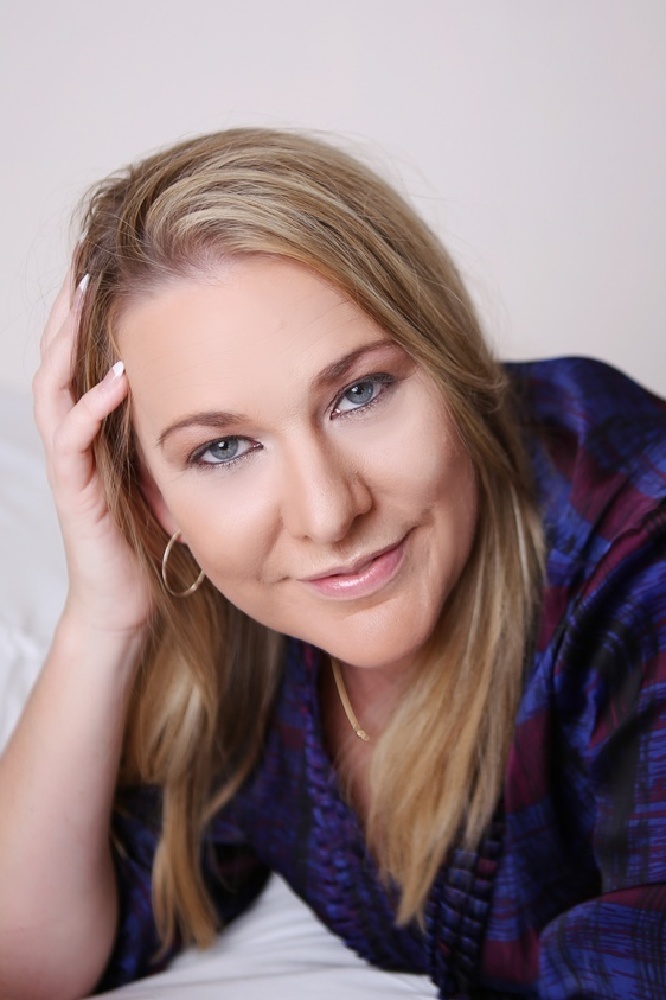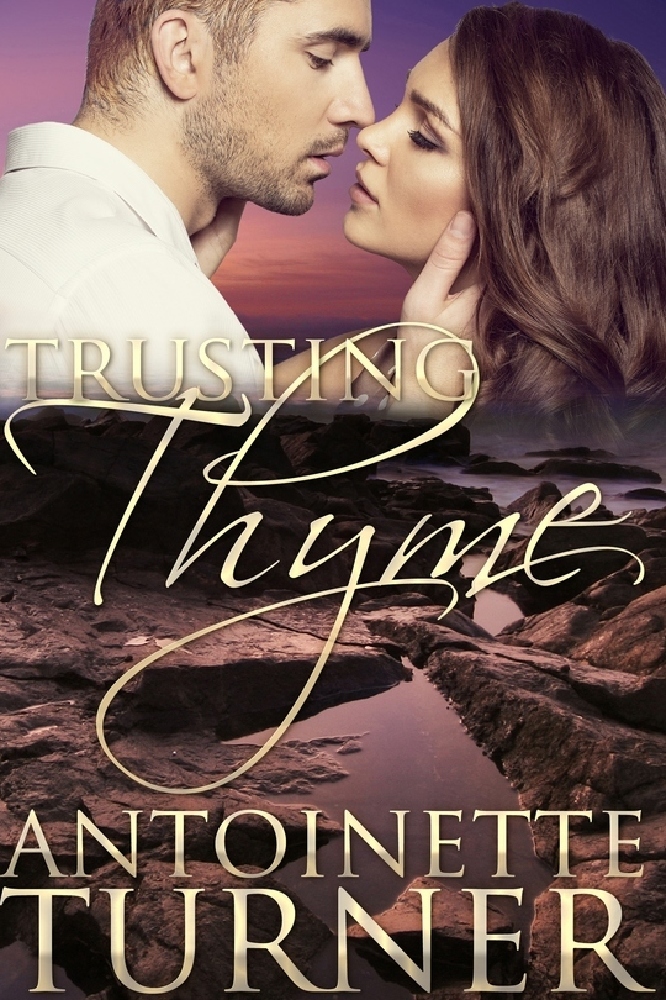You're a writer or aspiring writer and you've picked Contemporary Romance to tell your story. You have a general theme to run with, but how do you pick your genre? Where does a historical begin and a contemporary end? The word contemporary encompasses so many sub-genres it becomes a little confusing. What it boils down to is technicality rather than art. The Contemporary Romance genre is anything set no more than fifty years in the past to current time.

Antoinette Turner
So here are some tips for helping your story slide seamlessly along the lines of contemporary.
There's no rule that says you need to be date specific
Reference events without aging your book. For me, personally, I wanted Trusting Thyme to have a "within the last few years" kind of vibe. It's written it in a way that clearly shows a season, distinct places-one of which is pure fiction, but holds no specific date. It doesn't matter that I've used a particular brand of car, the reader has no idea if it's in the past, modern day, or in the not-so-distant future.
Show don't tell
If you want your reader to be able to focus on a particular time period, it's important to set the scene in the opening pages so you have them in the right head-space e.g. set in the 1970s. Unless writing a specific date is relevant to the story line, it's important for you to show the reader by using settings, clothes, props and personality traits for that time, rather than making it too easy and simply telling them.
The ever obvious research
Research era as well as setting. When I first wrote Trusting Thyme, Thornapple was a seaside village near Scarborough in England. It was pointed out by my very clever and talented editor at Luminosity Publishing, Elizabeth Tasker, that the topography didn't fit well with the storyline-I'm going to blame it on my Aussie ignorance. This was a key aspect to the plot and so we now have Thornapple near Bude, Cornwall. It also meant my characters moved from a Yorkshire accent to a Cornish one.
This leads us to characters
Constance Thyme is a single mother. She works hard to make a living. Her independence is as important as her next breath. I've tried to write her as the epitome of the present-day woman-the 'I don't need a man' to survive kind. This was a steady theme throughout the book and helped to move along the characters. It was also good for Eli to see he wasn't the be-all and end-all of her life.
Make sure your characters stay in theme from the outset. If there is a fast change in personality, make sure the reader follows and comprehends.
Dialogue
Don't be afraid to use it. Dialogue can explain so much about the characters, the sub-plots, the background, the history, the current scene itself. This is important if we are to love, hate, laugh, cry, or gain a true understanding of the people you're writing about. Unless your book is third-person narration, remember it's your characters that are setting the tempo of your story. I can't say this enough, but the term show rather than tell is one of the most important rules to remember, not just for contemporary writing.
Captivate
You want your readers to feel your characters. Even if you aren't one to map out every detail of your book from start to finish before you put finger to keyboard, have a general understanding of how your protagonists are going to grow. In Trusting Thyme, Eli and Constance both lost partners. Eli and his children are still gripped in the grief of that loss. Constance and her son, Mattie help them deal with their issues, and so the story evolves.
Reality
You need a real-time, emotional connection from character to reader. A sense of, this could happen or this could have happened, is important in encapsulating a contemporary genre. It doesn't matter if you're unlikely to meet an aloof doctor or a surly Amazon captain. It's of no consequence that the chances of meeting a hunky billionaire who falls at your feet are slim. It's up to you to make your story believable. It might be improbable that these things would happen in real life, but it's the possibilities that catch our attention.
Finish a chapter on a hook
Whether your book is fast paced and action packed or a slow and steady seduction, what is important is that burning need to turn the page. Novels generally run on a curve. Something interesting happens at the start and you want to know more. It settles into learning characters, plots, themes and then something interesting happens making you want to read on. It might not be possible every time, but try to leave your reader muttering 'just one more chapter' rather than putting your book down to sleep.
Writing for a particular contemporary genre
If you are writing with the explicit intent to get published, follow the Publishers guidelines on their websites. Ask them to email you the summary if you can't find it there. This is really important as it can be the difference between getting published and having your manuscript dumped after barely a glance. Look at a few different guidelines and take note of the requests that are the same across the board. Stick as closely to word count as possible if it is requested. Email other contemporary authors and ask questions. Most would be happy to answer you.
Romance to the last drop
Last but not least is the most important aspect of your contemporary book. You've captured your audience with your astounding writing ability. Your characters feelings can no longer be denied. Your readers are hanging on to your every word. There's nothing worse than reading all the way through a novel, having this almost orgasmic connection with the characters, only to read the last page of the book and then look at it with a mixture of horror and confusion. You, as the writer, are at the finish line-you can see the ending of all the hard work and hours you've put into your baby. You can't wait to type the words 'The End'. Don't rush the ending, even if it turns into a series, make sure you leave your reader with a finish that makes them rush to your website to buy more of your work.

Antoinette Turner
Website: http://www.antoinetteturner.com/
Facebook: https://www.facebook.com/AntoinetteTurnerBooks
Twitter: https://twitter.com/A_Turner_Author

